The human digestive system is a complicated network of organs and enzymes that work together to break down the food we consume. Lipase, one of these vital enzymes, plays an important function in fat digestion. Without it, our bodies would struggle to absorb energy-dense fats. In this article, we will look at what lipase is, how it functions, and why it is so crucial for your general health.
What is Lipase?
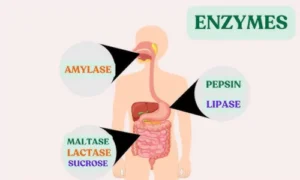
Lipase is a digestive enzyme that converts fats into smaller molecules like fatty acids and glycerol. It is mostly produced by the pancreas, although minor amounts are also secreted in the mouth and stomach. Lipase targets triglycerides, the most common form of fat contained in meals.
Where is Lipase Produced?
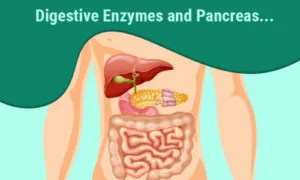
Lipase is secreted by different parts of the body:
1. Salivary glands: A small amount of lipase known as lingual lipase initiates fat digestion in the mouth.
2. Stomach: Gastric lipase continues the digestion of fat.
3. Pancreas: The pancreas generates pancreatic lipase, the most potent type, which is secreted into the small intestine after digestion.
How Lipase Works in the Digestive System
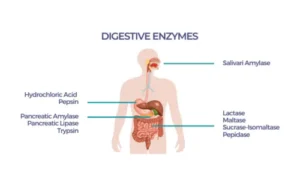
1. Fat Emulsification
Before lipase to do its function, fats must be broken down into smaller droplets. This is accomplished with the help of bile, which the liver produces and stores in the gallbladder. Bile emulsifies fats, allowing lipase to access and break them down.
2. Fat breakdown
Once fats are emulsified, pancreatic lipase degrades them into free fatty acids and monoglycerides. Smaller molecules can now be absorbed via the small intestine’s walls.
3. Absorption into the Body
After digestion, these fatty acid molecules enter the intestinal cells, where they are reassembled into triglycerides and packaged into structures called chylomicrons. These are then transported through the lymphatic system into the bloodstream to be used for energy or stored for future use.
Why is Lipase Important?
1. Enhances fat digestion and energy production.
2. Promotes the absorption of fat-soluble vitamins such as A, D, E, and K.
3. Prevents stomach pain, like bloating and indigestion.
4. Essential for babies, whose diets are largely fat-based (particularly through breast milk).
What Happens when Lipase Levels are Low?
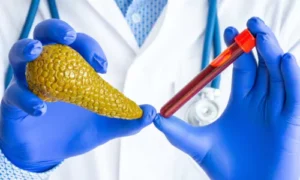
Low lipase levels can cause exocrine pancreatic insufficiency (EPI), a condition in which the body is unable to digest fat efficiently. This may cause:
1. Fatty and oily stools (steatorrhea)
2. Nutritional deficits.
3. Weight Loss
4. Abdominal cramps.
In such circumstances, doctors may recommend lipase supplements to help digestion.
Conclusion
Lipase is an enzyme that facilitates fat digestion. From the moment you eat a meal until nutrients are absorbed into your bloodstream, lipase works hard to provide your body with the energy and nourishment it requires. Understanding its function will allow you to take better care of your digestive system.


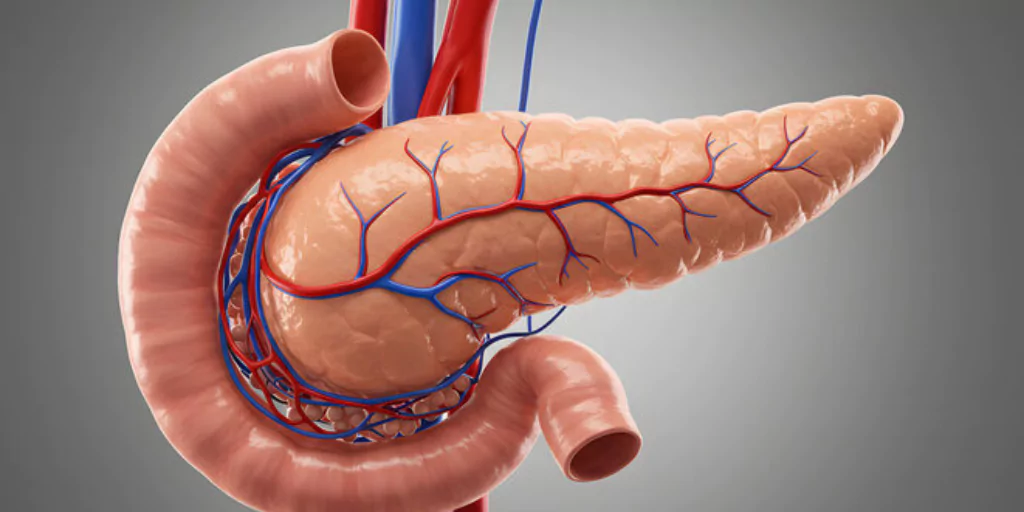
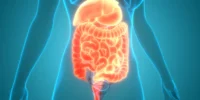



i-tec
July 8, 2025Мультимедийный интегратор айтек интеграция мультимедийных систем под ключ для офисов и объектов. Проектирование, поставка, монтаж и настройка аудио-видео, видеостен, LED, переговорных и конференц-залов. Гарантия и сервис.